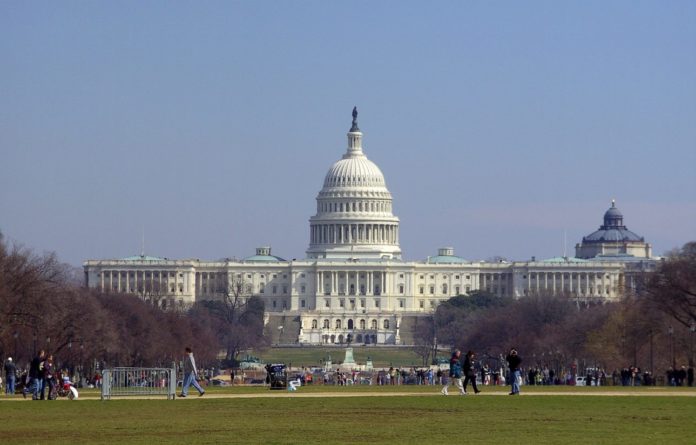ST. PAUL, Minn.- A slew of new laws have come into effect on August 1, which were voted on during the last legislative session.
Among these new laws is HF 1397, which limits the amount of life insurance payouts to beneficiaries of those who have committed a terroristic act. The law reads, “a policy of group life insurance issued for delivery in this state may limit payment to a beneficiary to the amount of premiums that have been paid to the insurer under the policy if the insured’s death occurs directly or indirectly from as a result of the insured’s furtherance of terrorism.” The law goes on to state that a conviction for terrorism is not necessary for the insurance company to activate this policy guideline.
It is noteworthy that the only two representatives to vote against this policy were John Lesch (D- St. Paul) and Ilhan Omar (D-Minneapolis). Alpha News reported Lesch’s reasoning for voting against the law was, “[The bill] allows an insurance company, not a court, to decide what constitutes an act of terrorism under the cited statute, and it lowers the burden on that call to preponderance of the evidence.”
Another law passed was related to children’s right to counsel in legal proceedings. Known as McKenna’s Law, which is named after a 13 year old who testified about the her experiences in the foster care system without a lawyer. The law makes clear that social workers must tell children about their right to seek legal council. The bill had bipartisan support including Ron Kresha, Majority Whip, (R-Little Falls) and Ilhan Omar (D-Minneapolis) included as authors.
In terms of healthcare laws, two new laws have come into effect in Minnesota including one which expands access to dental care under Medicaid and the standards for telemedicine. In terms of dental care, HF 1712 indicates hygienist and dental assistants will be able to serve patients even if a dentist has not seen them first, which was previously not allowed. However, the types of procedures they are allowed to perform have stayed the same.
The new standards imposed on telemedicine are healthcare providers, under S.F. 1353, who are working with patients remotely are now required to uphold the same standards as they do in personal consultations.
There are many other laws that will be coming forth in the coming weeks, including a lifting of restrictions for where veterans memorials can be placed and a requirement of pharmacists to substitute less expensive biological products when safely interchangeable.

















